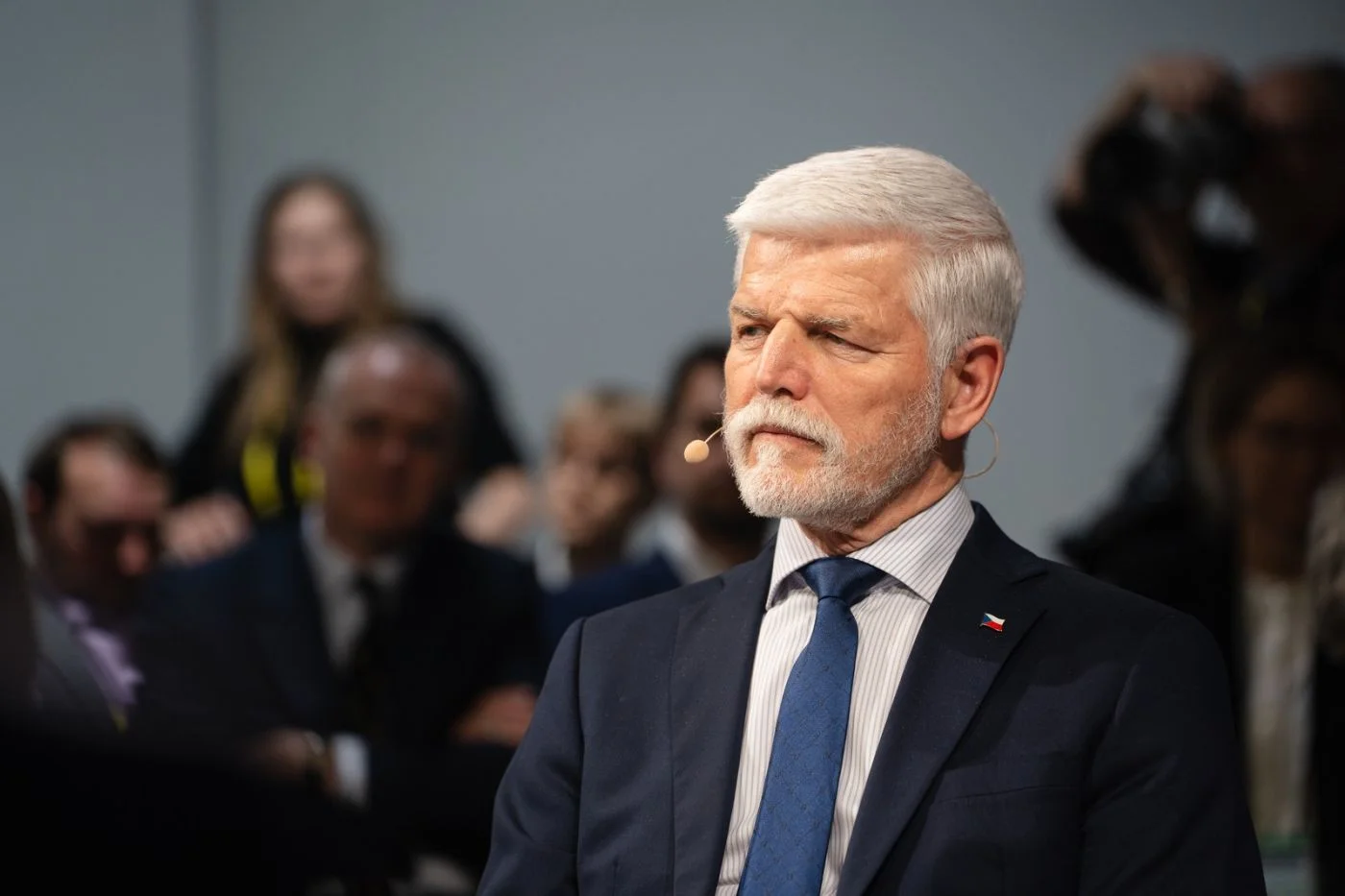
STEM Poll: ANO Falls Below 30 Percent for the First Time – SPOLU Gains
According to the latest poll figures, seven parties would surpass the five-percent threshold to enter the Chamber of Deputies
Foto: Petr Fiala | Facebook
A new poll by the STEM institute, conducted shortly before the parliamentary elections in the Czech Republic, is stirring shifts in party preferences. While ANO, led by Andrej Babiš, falls below the 30-percent mark for the first time in years, the governing coalition SPOLU is on the rise again.
In one week, Czechs will go to the polls: according to a current September poll by STEM for CNN Prima News, ANO now receives only 28 percent. For the first time in years, the movement slips below the 30-percent threshold. The party’s strongest support comes from citizens without a secondary school diploma and from the 60+ age group.
The outlook is more positive for the governing coalition SPOLU (ODS, KDU-ČSL, TOP 09), which now reaches 21 percent and shows, according to STEM, “a dynamic upward trend.” SPOLU performs particularly well with voters holding a university degree, with support evenly distributed across all age groups and genders.
The right-wing nationalist SPD, led by Tomio Okamura, has also gained noticeably, approaching 14 percent. It remains the main force in the protest camp, aided by a cooperation with three smaller parties. Like ANO, the SPD primarily appeals to voters without a secondary school diploma.
STAN (Starostové a nezávislí) remains stable at 12 percent. According to STEM, STAN, SPOLU, and the Pirate Party share many undecided voters.
The Pirates achieve 10 percent, their second-best result this year. They perform particularly strongly among young people aged 18 to 29, where they reach 26 percent. In this age group, SPOLU follows with 21 percent, while ANO and STAN each receive 15 percent.
Surprisingly stable are the Motoristé sobě, led by MEP Filip Turek: for the fifth consecutive time, they surpass the five-percent threshold and currently stand at 5.5 percent. However, they are considered particularly vulnerable to shifts in public mood. Their base consists mainly of younger men.
The left-wing alliance Stačilo! (Communists and Social Democrats) fares worse. Its support is declining noticeably, currently at 5.5 percent. While parliamentary entry remains possible, it is by no means certain. The alliance draws most of its backing from older voters.
The 2025 parliamentary elections in the Czech Republic will be held over two days, on 3 and 4 October. Prime Minister Petr Fiala’s government has been in office since 2021, after narrowly winning the last election with the Spolu alliance. Turnout in that election reached 65.4 per cent.
More from Politics & Education

Babiš government complete: President Pavel appoints Igor Červený as new Environment Minister

Survey: President Pavel Leads Public Trust Rankings in Czech Republic

